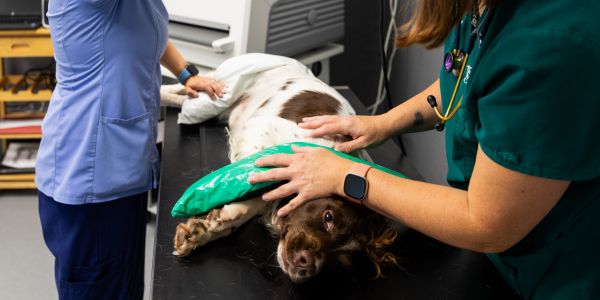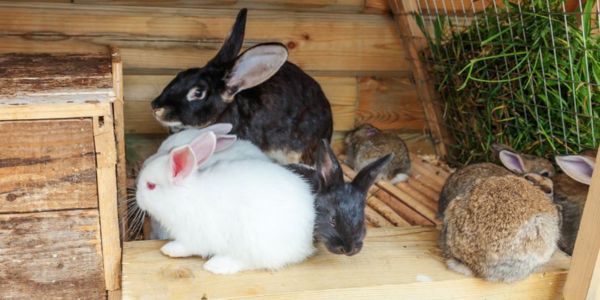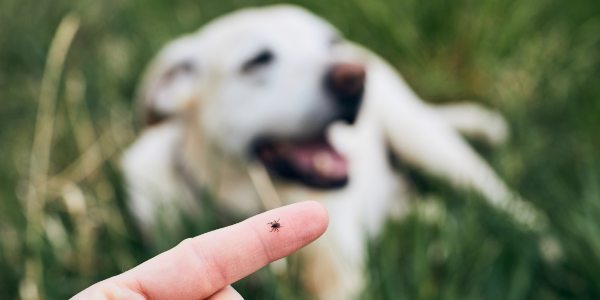Articles
Stay informed with our topical articles, all written by our vets.
FESTIVE FOODS THAT ARE DANGEROUS FOR YOUR PET
The holiday season brings joy and indulgence, but it’s essential to remember that some festive foods can pose serious health risks to your pets. While it’s tempting to share your Christmas treats with your furry friends, certain foods can be harmful or even toxic to them.

KEEPING YOUR PETS COMFORTABLE AS THE TEMPERATURE DROPS
As the temperature drops and winter draws near, our furry companions often need a little extra care. Just like us, pets can struggle with the cold, and while some are well-equipped for winter, others rely on us to help them stay warm, safe, and happy.

SPOTTING ARTHRITIS IN YOUR PETS – SIGNS, SYMPTOMS, AND SOLUTIONS
Arthritis isn’t just a human problem: our furry friends can suffer too. While more common in older pets, arthritis can affect both cats and dogs, often progressing slowly and subtly. Because animals tend to hide pain, changes can be easy to miss.

SEASONAL PET CARE GUIDE: KEEPING YOUR PETS CALM AND SAFE DURING AUTUMN CELEBRATIONS
As the nights draw in and the autumn festivities begin, the season brings plenty of excitement for us – from fireworks and bonfires to Halloween costumes and treats. But for our pets, these sights and sounds can sometimes be confusing, overwhelming, or even frightening.

KEEPING TICKS AND MITES IN CHECK
Parasites like ticks and mites may be small, but they can pose a big threat to your pet’s health and comfort. it’s important to stay one step ahead with prevention, detection and treatment.

KEEPING YOUR DOG SAFE IN THE SUN
As humans, we tend to embrace the sunshine and warmer weather that the summer months bring us. However, enjoying these warmer temperatures can quickly become very dangerous for our four-legged friends.
